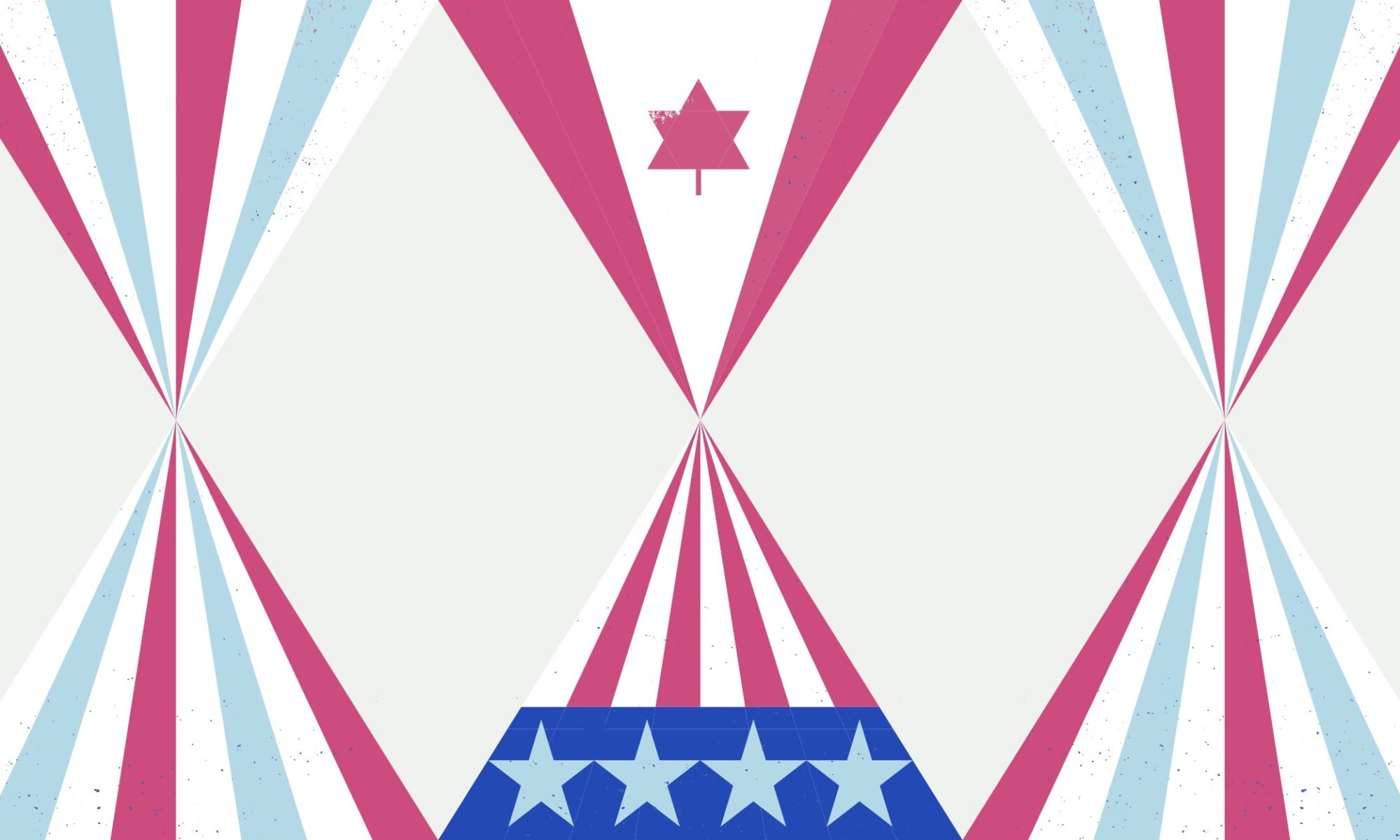
Will Canada and Mexico split on trade?
Will Canada and Mexico split? Ontario Premier Doug Ford says Canada’s premiers agree with him that this country should negotiate a bilateral trade deal with the United States and leave Mexico to work out its own arrangements with Washington.
Ford first floated the idea last week, saying Mexico shouldn’t benefit from a North American trade pact if it lets China use it as a back door into the United States for its products. Now he says the other premiers supported him in a conference call this week. “There’s a clear consensus that everyone agrees that we need a bilateral trade deal with the U.S. and a second bilateral trade deal with Mexico,” he said.
Ford is the current head of the Council of the Federation, which includes all premiers and territorial leaders, and said they will be asking to meet with Prime Minister Justin Trudeau on the issue. It has taken on new urgency with the election of Donald Trump, who promises to bring in across-the-board tariffs and has singled out Mexico for allowing China to access the North American market.
Trudeau had to deal with Ford’s remarks this week as he met Mexico’s new president, Claudia Sheinbaum, for the first time at the G20 leaders’ summit in Rio de Janeiro, Brazil. Trudeau said Mexico has been a “solid partner” in trade negotiations but he acknowledged that concerns raised by Trump about Chinese activity there must be dealt with.
“There are concerns around the level of Chinese investment in Mexico that I think need to be addressed,” he said, “but I am hopeful that we’re going to be able to work constructively over the coming months and perhaps years” to ensure North America remains prosperous.
Alberta Premier Danielle Smith told CBC News she agrees with Ford “1,000 percent,” adding: “He’s absolutely right… Our absolute, number one priority is trade with the U.S. and if it requires us to do a bilateral deal with the United States we should do that.”
Deputy PM Chrystia Freeland also fuelled speculation that Canada may be open to a bilateral deal with Washington, saying: “At heart for us is the Canada-U.S. partnership.” Freeland said Canada is “more aligned than ever with the U.S.” when it comes to tariffs on Chinese imports, but “the same cannot be said of Mexico.”
The Trudeau government has promoted a bipartisan “Team Canada” approach to dealing with the United States, along the lines of how it handled the first Trump administration. The position taken by the premiers, however, underlines how difficult it will be to have Canadian leaders speak with one voice this time as Trump threatens tariffs and the North American trade deal comes up for renewal in 2026.
Mike Blanchfield, PPF’s Director of Energy and Global Affairs, adds this perspective:
“Canada’s apparently sudden iciness towards Mexico as a continental trade partner is not entirely unexpected. The premiers of Ontario and Alberta, and now Deputy Prime Minister Chrystia Freeland are talking openly about the possibility of a next iteration of CUSMA without Mexico.
They are giving voice to the concern of the incoming Trump administration about China using Mexico as an economic back door to North America. In the U.S., this concern is bipartisan, and Canada is already firmly aligned with its southern neighbour — and number one trading partner— especially after it recently joined the Biden administration in imposing tariffs on Chinese steel, aluminum and electric vehicles.
It’s worth recalling a little bit of recent history to understand this better. During Trump’s first term in power, Canada and Mexico joined forces to try to present a unified front against the United States in the negotiations that reopened the original NAFTA. That backfired for two reasons: one, it annoyed Trump; two, Mexico eventually went behind Canada‘s back and negotiated its own bilateral deal with the U.S., forcing the hand of Canadian negotiators to a tight deadline to come on board or risk being frozen out of what eventually became CUSMA.
During those NAFTA talks, Trump also imposed steel and aluminum tariffs on Canada, Mexico and European countries, in part as punishment against them for allowing the import of those cheap Chinese metals as a back door to the U.S.
In 2024, Canada sees China the same way as the United States: as an economic rival to North American prosperity. Canada has chosen its side. The ball is in Mexico’s court.”
This article first appeared in PPF’s Canada-U.S. newsletter. Read more here and subscribe now to get new editions in your inbox every Wednesday morning.


